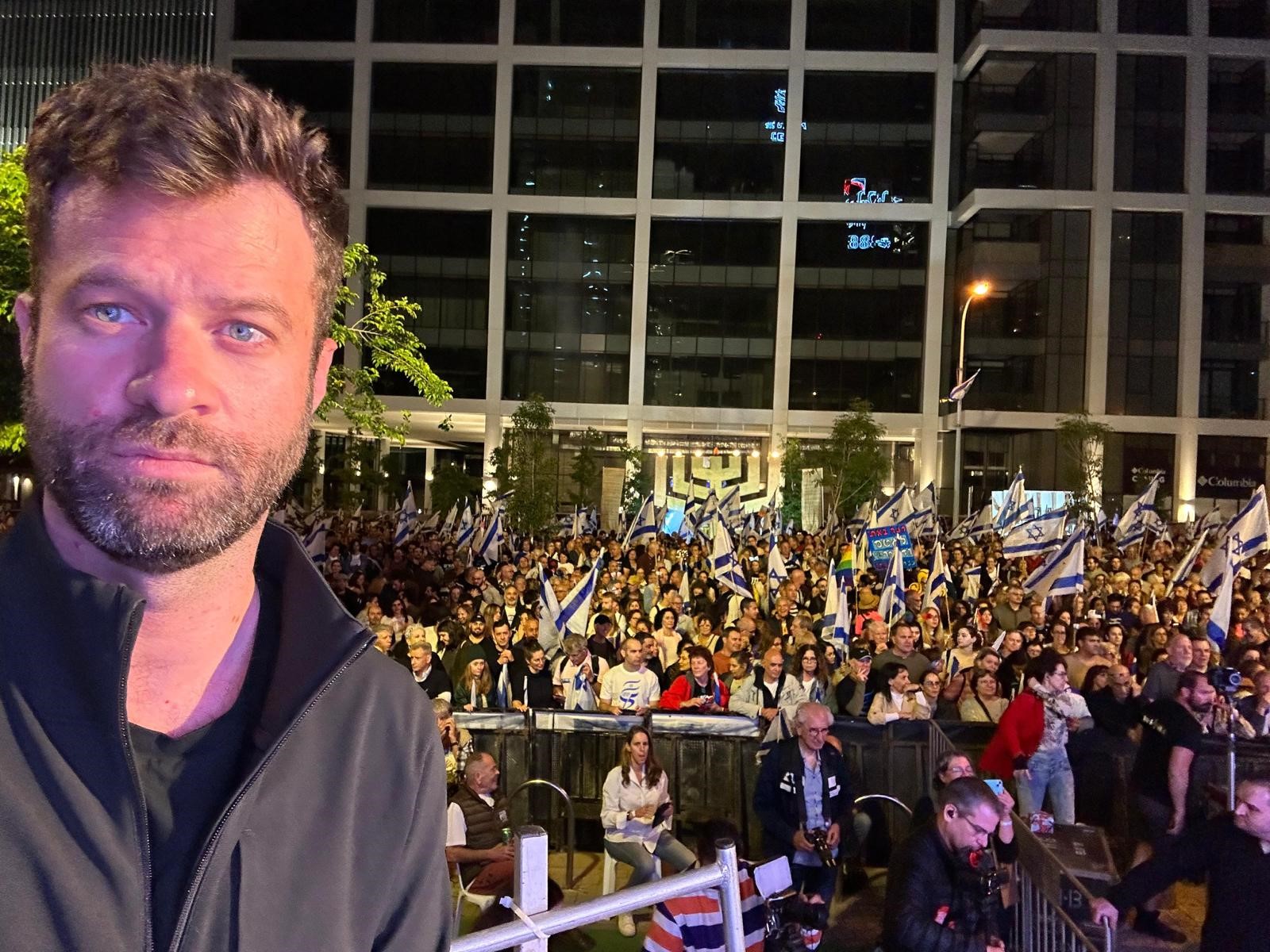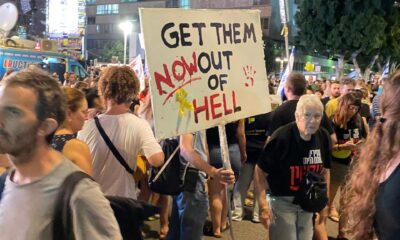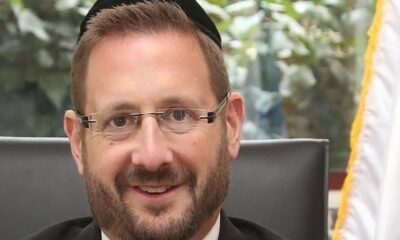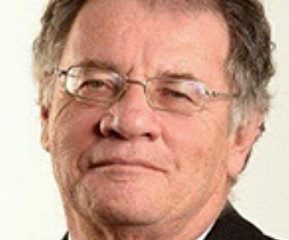
Israel

Israeli civil protest movement pivots to support civilians
The movement behind protesting the judicial overhaul before 7 October has become a major source of support for Israelis who needed evacuation, clothes, food, shelter, or just about any problem it can assist with.
Roee Neuman, who has South African roots, and was one of its leaders, says that since 7 October, the protest movement, which appeared to have disappeared overnight, has pivoted to become a key source of support to all Israelis.
Neuman is one of the many who have thrown themselves into this new civil society movement, which has no name but is there for all Israelis from north to south. Just as he led the protest movement, he’s motivated by love of his country and its people, and the Jewish values he learnt growing up.
Before ‘Black Saturday’, the key issue within Israeli society was the government’s planned judicial overhaul. The movement that galvanised Israelis to take to the streets was a powerful force that wanted only the best for Israel, according to Neuman.
“On 7 October, I woke up to the sounds of alarms and went to the shelter,” he says. “We were supposed to have our 40th demonstration that evening, but we cancelled it at that moment. It took us a couple of hours to see that our staff members’ families were okay and to get assistance to whoever we could. We took the decision to transform all our organisations and infrastructure to assist Israelis. We joined forces that morning to build headquarters that became the main source of support to Israelis who needed evacuation, clothes, food, shelter, or help with any other problem.”
Like most Israelis, Neuman and the protest movement have been directly impacted by the Hamas massacre. “The people in the kibbutzim around Gaza are a big part of the protest movement,” he says. “We all lost friends, family members, and partners. The first two weeks, we were going from funeral to funeral of family members of our staff who died on 7 October.
“We went to the hotels where the refugees were and met our friends who had been hiding in the shelters for more than 24 hours. The stories we’ve heard changed all of us forever. I remember sitting with a seven-year-old girl, and she was telling us how she came to the protests with her friend but now wouldn’t come anymore because her friend was brutally murdered with her family. You just couldn’t believe what this innocent girl had been through.”
Neuman was born and raised in Nes Ziona, south of Tel Aviv. Since 2011, he’s been a media consultant, working mainly in the political field and with non-government organisations. “My mom, Sandra Neuman, was born and raised in Cape Town. She’s the daughter of Philip Zetler, a pharmacist originally from Stellenbosch, and Elfreda Zetler, a nurse and Holocaust survivor who went to South Africa after the war,” he says. His father, Yoram Neuman, “was born in Moscow and came to Israel as a young child with his family. He met my mother in Cape Town while visiting his aunt who was living there.”
In the days after the massacre, the protest movement’s role was “mainly to function wherever the state didn’t, which unfortunately was almost any walk of life”, says Neuman. “We had programmes from the high-tech sector to scan the network for information about the hostages, to programmes to find a home for lost dogs from the combat zone. It was a replacement for the government in the first few months.”
At the height of the protests against judicial overhaul, army reservists warned that they would stop volunteering for duty if the coalition unilaterally passed laws to curtail the judiciary. But now, “it’s clear to the vast majority of Israelis that we can’t live side by side with Hamas on our borders”, says Neuman. “We fully support the Israel Defense Forces in its mission to eradicate Hamas. A lot of people from the protest movement are still fighting in Gaza. On the morning of 7 October, we put out a message that called anyone who could do so to join the battle.”
The judicial overhaul protest movement still exists, he says. “In the past few weeks, protests started again on a small scale to call for elections. The people and the values are still there, and will be the base for a new movement that will work not only to stop legislation, but to re-build Israel.”
In a dramatic move on the evening of Saturday 30 March, relatives of more than a dozen hostages came out strongly against Prime Minister Benjamin Netanyahu, declaring him an obstacle to reaching an agreement for the captives’ release. They announced that they would join up with anti-government protesters who have held weekly demonstrations in Tel Aviv, leaving behind weekly rallies – held at the same time in Tel Aviv – by the Hostages and Missing Families Forum, which until now has been the main group representing families of those kidnapped on 7 October.
“Bringing the hostages home isn’t just a priority, but the most important thing by far,” says Neuman. “At the base of the Israeli identity is the notion that we never leave anyone behind. That’s always been who we are, and if we won’t do anything to bring them back, that will change us forever. Israel and its government have to bring them back home safely.”
What he wants people to understand about Israel is that “all across the world, we’re in April 2024, but in Israel, the date is still 7 October 2023. We’re a nation in suffering, fighting to bring back security to our people. We’ll recover and become stronger, but here, we’re still in mourning and shock, and hundreds of thousands of Israelis are still refugees.”
Israel changed dramatically on 7 October 2023, he says. “We’ve been through wars and terror – we’re used to it. But something fundamentally changed. We always knew that the army and government would be there to protect us as a nation, but they weren’t there. We feel like we’ve lost our security in the institutions we always had. On the other hand, people are much more united because we know that together, we can build something new. We’re in a transition period, and it’s up to the people not the leaders to build something new and better.”










